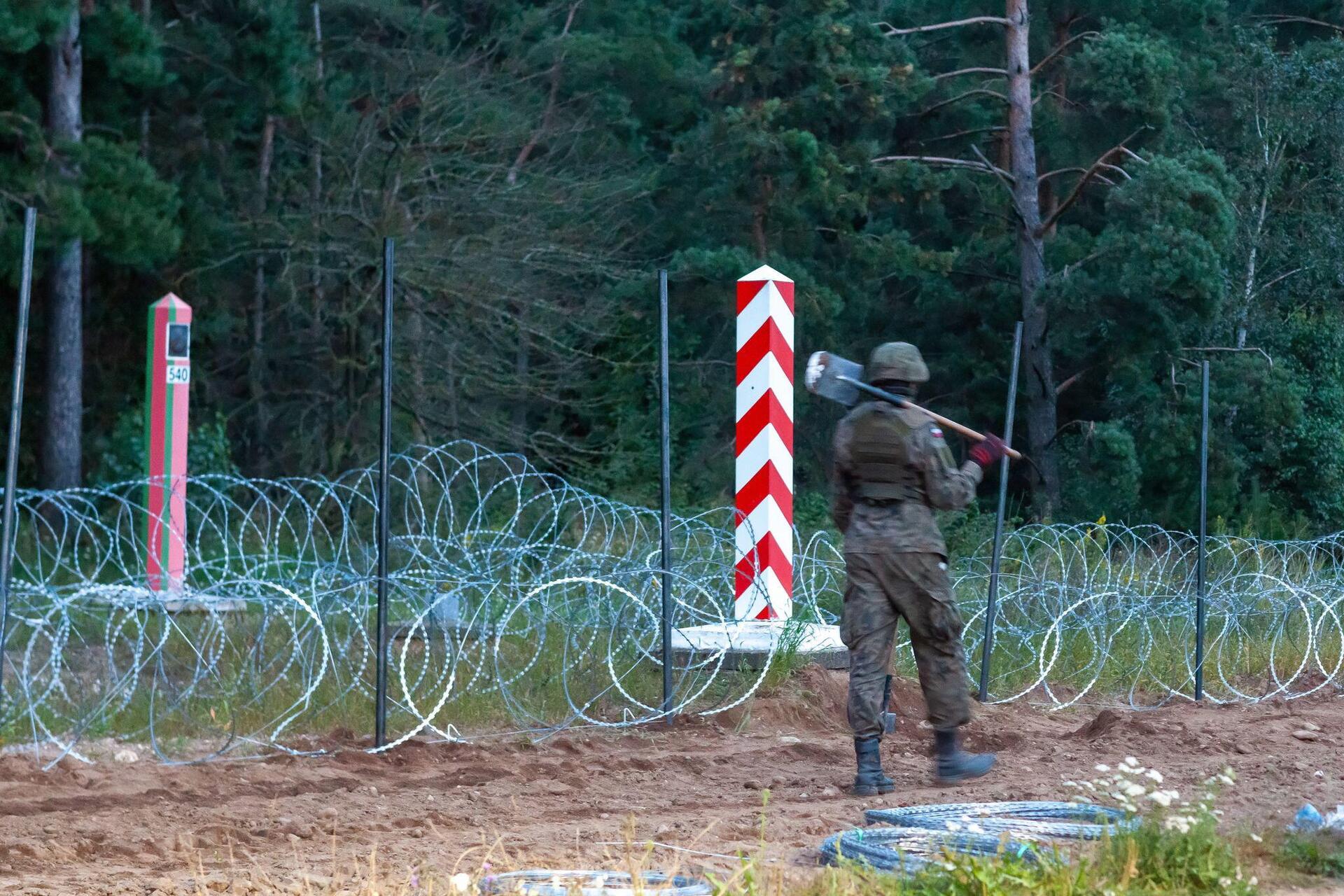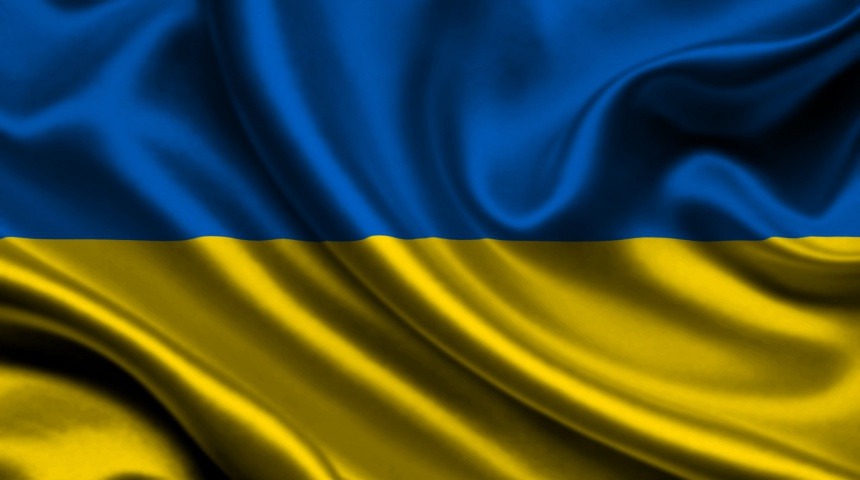Hello! My name is Kyrylo Tomakh, I am a practicing lawyer and co-founder of the law firm DKVA Legal Group. For over 3 years, I have been helping clients protect their rights, find solutions to complex legal situations, and successfully resolve disputes both pre-trial and in court.
1. Regulatory base
1.1. Constitution of Ukraine
Guarantees of freedom of movement: According to the Constitution of Ukraine, every person has the right to freely leave the country and return to Ukraine.
Determination of the procedure of entry and exit: the Constitution establishes the general principles of the procedure of entry into and exit from Ukraine, and also defines the main principles of regulation of these processes. prices for lawyers prices you can find out on this site.
1.2. Law of Ukraine "On the procedure for leaving Ukraine, entering Ukraine and living abroad"
Regulation of entry and exit: The law defines the rules, conditions and procedures for entering and exiting Ukraine, including the requirements for the documents required to cross the border.
Establishing liability: The law establishes liability for violations of border crossing rules, including illegal border crossing without appropriate documents or permission.
1.3. International treaties and agreements
Ensuring the rights of persons to cross the border: Ukraine is a party to various international treaties and agreements that guarantee the rights of persons to free entry and exit, ensure security at the border and contribute to the resolution of issues of movement of persons across the border.
Cooperation with international organizations: Ukraine cooperates with international organizations, such as the European Union and the United Nations, in the field of border crossing regulation and protection of individual rights.
2. What is considered illegal border crossing
2.1. Crossing without appropriate documents
Lack of passport or visa: If a person crosses the border without a valid passport or visa required to enter the country, this may be considered illegal crossing.
Lack of other necessary documents: For example, a residence permit, which is mandatory for entering some countries.
2.2. Crossing through illegal routes
Crossing through illegal routes or checkpoints: A person can be found guilty of illegal crossing if they use illegal routes or cross the border outside official checkpoints.
Crossing the border without reporting or going through control: For example, if a person tries to cross the border on foot or through unguarded areas, avoiding border control.
2.3. Violation of entry/exit conditions
Illegal stay or work in the country: If a person enters the country for the purpose of illegal residence or employment, this can be considered as illegal border crossing.
Violation of terms and conditions of entry/exit: For example, if a person leaves the country after the expiration of his visa or residence permit, this may lead to the imposition of administrative fines or other sanctions.
2.4. Other violations of border crossing rules
Events related to human trafficking: For example, illegal border crossing for the purpose of illegal human trafficking.
Crossing the border in violation of the national security or sovereignty of the country: For example, trying to enter the territory of the country with weapons or other means that may threaten the security or sovereignty.
3. services of a lawyer in court
3.1. Representation of a lawyer
Finding an experienced attorney: A person charged with illegal border crossing should seek the assistance of an experienced attorney who has experience in cases involving immigration offenses.
Legal advice and defense preparation: The lawyer will provide the person with legal advice, explain their rights and defense options, and prepare a defense strategy during the trial. the cost of lawyer services depends on many factors, such as the extent of the case or the severity of the violation
3.2. Preservation of evidence
Collecting the necessary evidence: The lawyer, together with the client, will preserve all possible evidence that can prove innocence or be perceived as motivated excuses for illegal border crossing.
Testimony and Documentary Evidence: These may include witness statements, location documents, or other circumstances that support innocence.
3.3. Representation in court
Participation in the investigation and trial: The lawyer will represent the person's interests at all stages of the legal process, including the investigation and the trial.
Argument and protection of rights: The lawyer will argue the position and protect the rights of the person before the court, using all available legal means and arguments.
3.4. Possibility of appeal
Appealing against an unfavorable court decision: In the event of an unfavorable court decision, the person has the right to appeal to a higher court, and the lawyer will continue to defend their rights at this stage.
Additional search for evidence and arguments: The lawyer can continue to search for new evidence or arguments that will contribute to the defense of the person's rights at the appeal stage. lawyer services online be sure to get an immediate consultation online.






























